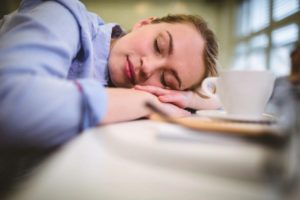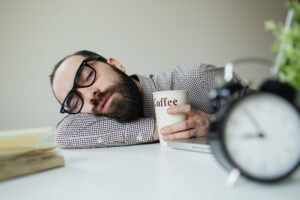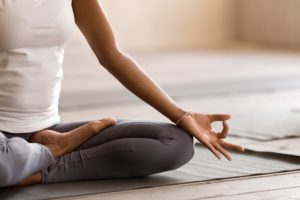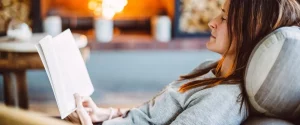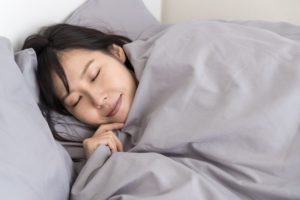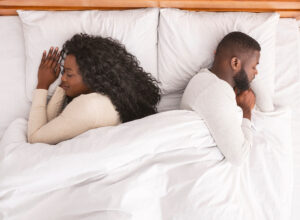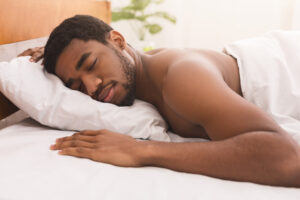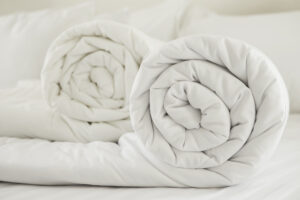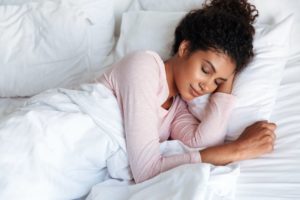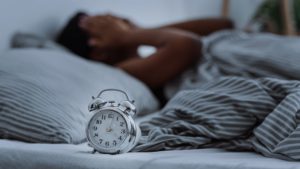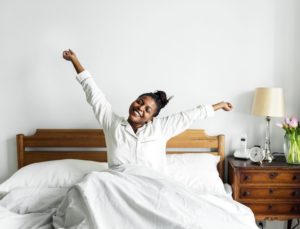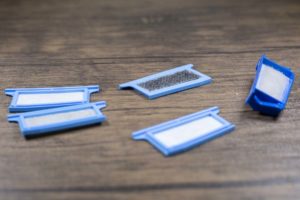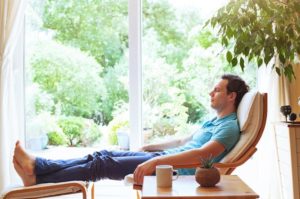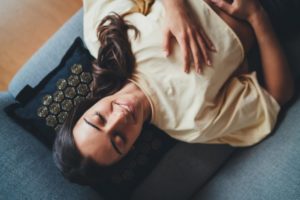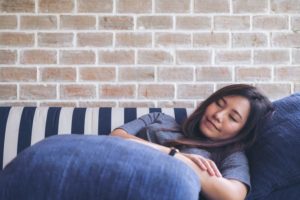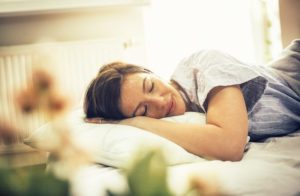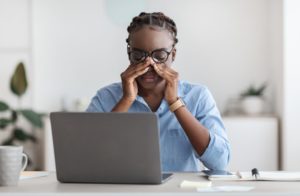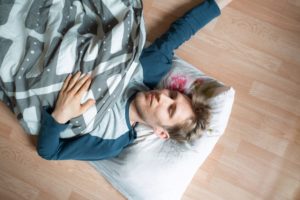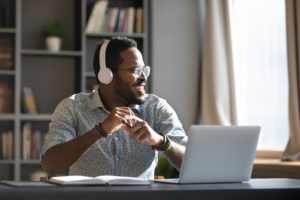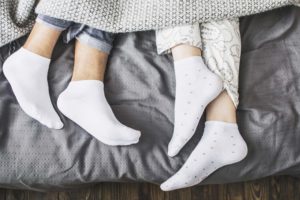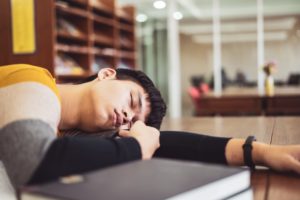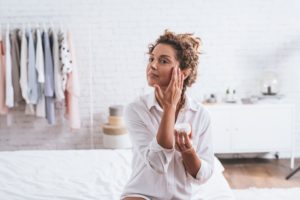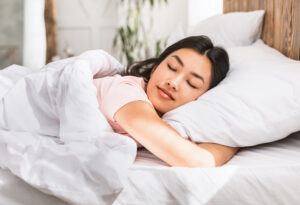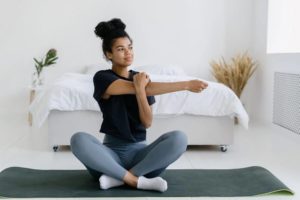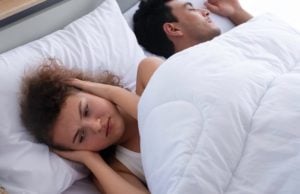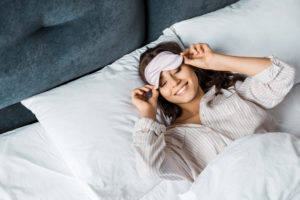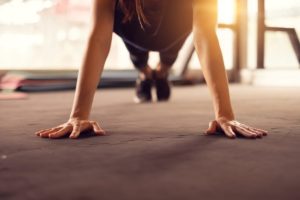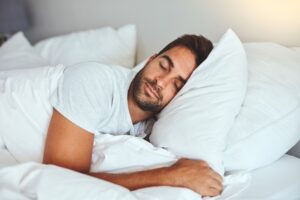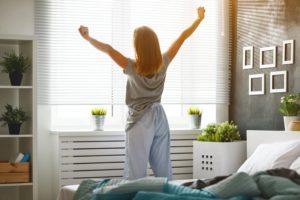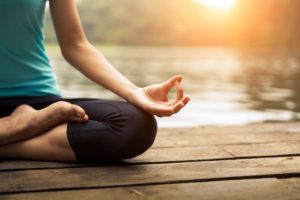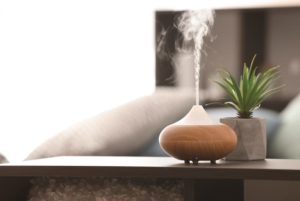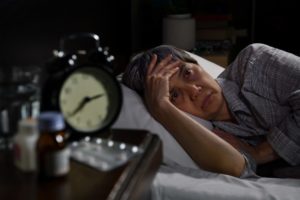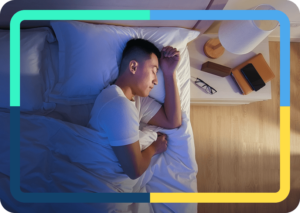What Is Bed Rotting?
“Bed rotting” is a TikTok self-care trend that involves staying in bed for a full day or even an entire weekend. The bed rotting trend came on the scene in 2023 and continues to spark discussion and news articles in 2024. Some people claim bed rotting provides physical and mental health benefits, while others warn that it could cause negative effects. We explore what the research says.
Does Bed Rotting Have Any Benefits?
Anecdotally, many Gen Z TikTokers claim that bed rotting helps them recover and avoid burnout. The trend hasn’t yet been directly studied by researchers, but other research may shed some light on potential benefits of bed rotting.
Catch-Up Sleep
Catch-up sleep refers to sleep that a person gets on weekends or days off of work to compensate for sleep they’ve been deprived of on other days. Research shows that catch-up sleep can help some people avoid the negative mental and physical effects of falling short on sleep.
If a person isn’t getting enough sleep most nights, getting catch-up sleep by bed rotting, which may involve sleeping in and napping, could potentially help them. That said, catch-up sleep may not be a good long-term strategy. One research study suggests catch-up sleep only helps some people, not all. More research is needed, but experts think falling short on sleep, then “catching up” on days off isn’t as healthy as maintaining a consistent sleep schedule every night of the week.
How catch-up sleep impacts a person may depend on their gender, age, and how much catch-up sleep they get. One study found that women benefit from catch-up sleep more than men do. The same study found that among women, small amounts of catch-up sleep may be more useful than large amounts. In middle-aged and older women, small amounts of catch-up sleep improved quality of life and reduced mood issues like anxiety and depression, while large amounts of catch-up sleep had the opposite effect. In young women, catch-up sleep, even in large amounts, provided benefits to mental health.
Rest
Rest is considered to be necessary for human recovery. Rest involves more than just sleep. Time spent in rest brings feelings of comfort and relief. When a person is resting, they are not focused on work, their to-do list, or their life’s problems. Rest nourishes the mind, body, and spirit. If bed rotting provides a person rest, it could be a healthy and restorative activity for them.
Bed Rotting for Mental Health: Helpful or Harmful?
Spending too much time lying in bed may have negative effects. Experts recommend that people get physical activity regularly, even if it’s just standing up and walking around. Inactivity is associated with worse mental health. Engaging in physical activity instead of sedentary behavior has been found to improve mental health and adolescents and older adults alike.
Lying in bed for too long can even cause deconditioning, a process that can reduce muscle strength and negatively impact mental health. Deconditioning is most common among people who are hospitalized or put on bedrest due to illness, but it’s possible deconditioning could begin if someone remains inactive or sedentary for other reasons.
Social connection and interaction are also important for mental health. If a person is bed rotting alone, they may be missing out on important interactions with others that could boost their mental health. Bed rotting that contributes to social isolation likely wouldn’t help a person’s mental health.

How Bed Rotting Can Impact Your Sleep
Bed rotting could negatively impact sleep in a couple of ways. First, sleep experts recommend that people only use their bed for sleeping and for sex. Spending time in bed while awake could cause an association between wakefulness and being in bed, which could contribute to trouble sleeping. Specifically, experts recommend against using a bed for lying around watching TV, scrolling online, texting, talking on the phone, and reading, all activities that people may do while bed rotting.
When a person engages in bed rotting, they likely stay inside all day. Staying indoors could have negative consequences for sleep, because it deprives a person of sunlight exposure. Being exposed to natural sunlight during the daytime can help a person fall asleep earlier, sleep longer, and get sleep of a higher quality. Indoor lighting is of a different intensity and a different part of the light spectrum than sunlight, so it doesn’t have the same effect on a person.
Other Ways to Decompress Besides Bed Rotting
If you need a restful or restorative weekend, there are healthier activity options available besides bedrotting.
- Get outside: Spending time outdoors has been found to improve a person’s mental health and well-being. Try walking in a nearby park or forest preserve to enjoy these benefits.
- Talk with a friend: Research shows that feeling supported socially helps reduce stress and has many positive impacts on physical health. Instead of lying alone in bed, reach out to a friend and see if they’re interested in a phone call or, better yet, meeting up in-person for a meal or drink.
- Meditate: Meditating improves a person’s ability to focus while reducing stress. A meta-analysis of forty-five research studies on meditation has found that meditating calms the body, reducing blood pressure, heart rate, and stress hormones.
- Engage in gentle movement: Gentle forms of movement are good for the body and help people relax. These may include forms of activity like yoga, pilates, and tai chi, in which the body is moved slowly and an emphasis is put on maintaining awareness of bodily movements.
- Watch a funny movie: Studies show that watching a funny movie can not only reduce anxiety, but may also reduce pain. Consider watching movies in the living room instead of the bedroom, while taking breaks now and then to stand up and move around.

Still have questions? Ask our community!
Join our Sleep Care Community — a trusted hub of sleep health professionals, product specialists, and people just like you. Whether you need expert sleep advice for your insomnia or you’re searching for the perfect mattress, we’ve got you covered. Get personalized guidance from the experts who know sleep best.
References
5 Sources
-
Chaput, J. P., Dutil, C., Featherstone, R., Ross, R., Giangregorio, L., Saunders, T. J., Janssen, I., Poitras, V. J., Kho, M. E., Ross-White, A., Zankar, S., & Carrier, J. (2020). Sleep timing, sleep consistency, and health in adults: a systematic review. Applied physiology, nutrition, and metabolism 45(10 (Suppl. 2)), S232–S247.
https://pubmed.ncbi.nlm.nih.gov/33054339/ -
Leger, D., Richard, J. B., Collin, O., Sauvet, F., & Faraut, B. (2020). Napping and weekend catchup sleep do not fully compensate for high rates of sleep debt and short sleep at a population level (in a representative nationwide sample of 12,637 adults). Sleep medicine, 74, 278–288.
https://pubmed.ncbi.nlm.nih.gov/32866843/ -
Oh, J., Kim, E., & Huh, I. (2023). Associations between weekend catch-up sleep and health-related quality of life with focusing on gender differences. Scientific reports, 13(1), 20280.
https://pubmed.ncbi.nlm.nih.gov/37985799/ -
Tully, M. A., McMullan, I., Blackburn, N. E., Wilson, J. J., Bunting, B., Smith, L., Kee, F., Deidda, M., Giné-Garriga, M., Coll-Planas, L., Dallmeier, D., Denkinger, M., Rothenbacher, D., & Caserotti, P. (2020). Sedentary behavior, physical activity, and mental health in older adults: An isotemporal substitution model. Scandinavian journal of medicine & science in sports, 30(10), 1957–1965.
https://pubmed.ncbi.nlm.nih.gov/32643826/ -
Gillis, A., & MacDonald, B. (2005). Deconditioning in the hospitalized elderly. The Canadian nurse, 101(6), 16–20.
https://pubmed.ncbi.nlm.nih.gov/16121472/


